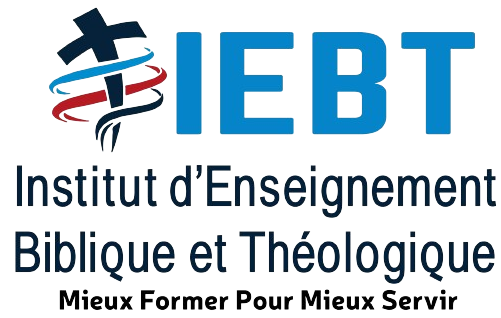Description
Objectives of the Specialization
- Counselling Skills Development: To train students to use counselling techniques adapted to pastoral contexts, taking into account the spiritual, psychological, and emotional dimensions of individuals.
- Theological and Psychological Understanding: To provide an in-depth education in theology and psychology to enable students to understand the complexities of the human soul and to develop a holistic approach to helping them.
- Spiritual Accompaniment: Prepare students to spiritually guide people in search of meaning, in crisis, or in life transition, integrating elements of prayer, spiritual discernment, and biblical support.
- Crisis Intervention: Equip students with specific skills to intervene effectively in crisis situations, such as grief, depression, family conflict, or trauma.
- Ethics and Confidentiality: Promote a rigorous ethical practice in helping relationships, emphasizing the importance of confidentiality, respect for the individual, and integrity in accompaniment.
Programme Content The Helping Relationship specialisation includes courses and practical training aimed at developing the skills needed to offer effective support in various pastoral and community contexts, including:
- Pastoral Counseling Theory: A study of counseling theories and models that can be applied in a Christian setting, with particular attention to the integration of faith and psychology.
- Active Listening and Communication: Training in active listening, empathetic communication, and discernment techniques to better understand and support people in difficulty.
- Theology of Suffering and Healing: Exploring theological perspectives on human suffering and healing, and how they can be applied in the context of counseling ministry.
- Crisis Intervention: A practical course on crisis intervention strategies, including support in the event of bereavement, trauma, or family conflict.
- Accompaniment of Families and Couples: Specific approaches to support couples and families, including conflict management, mediation, and reconciliation.
- Supervision and Practice: Students participate in supervised internships where they can apply their knowledge and skills in helping relationships in real-world settings, under the supervision of experienced professionals.
Requirements To complete the Helping Relationship specialization, students must successfully complete all specialization-specific courses with a grade of 60% or higher, in addition to meeting the general program requirements. A graduation project, such as a dissertation or an in-depth case study, may also be required to demonstrate the student’s ability to integrate and apply the skills acquired. This program has a total of 18 credits.
Graduates of this specialization are qualified for roles such as pastoral counselor, spiritual accompanist, chaplain, or ministry leader in counseling. They may also work in community settings, Christian counseling centers, or as specialized counselors in churches or other religious organizations.







There are no reviews yet.